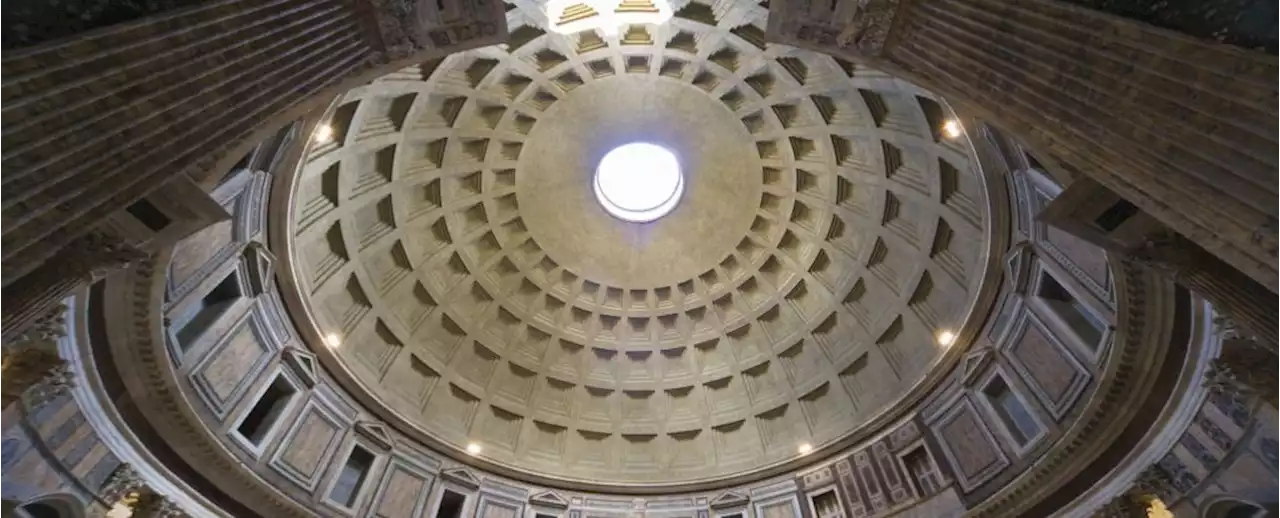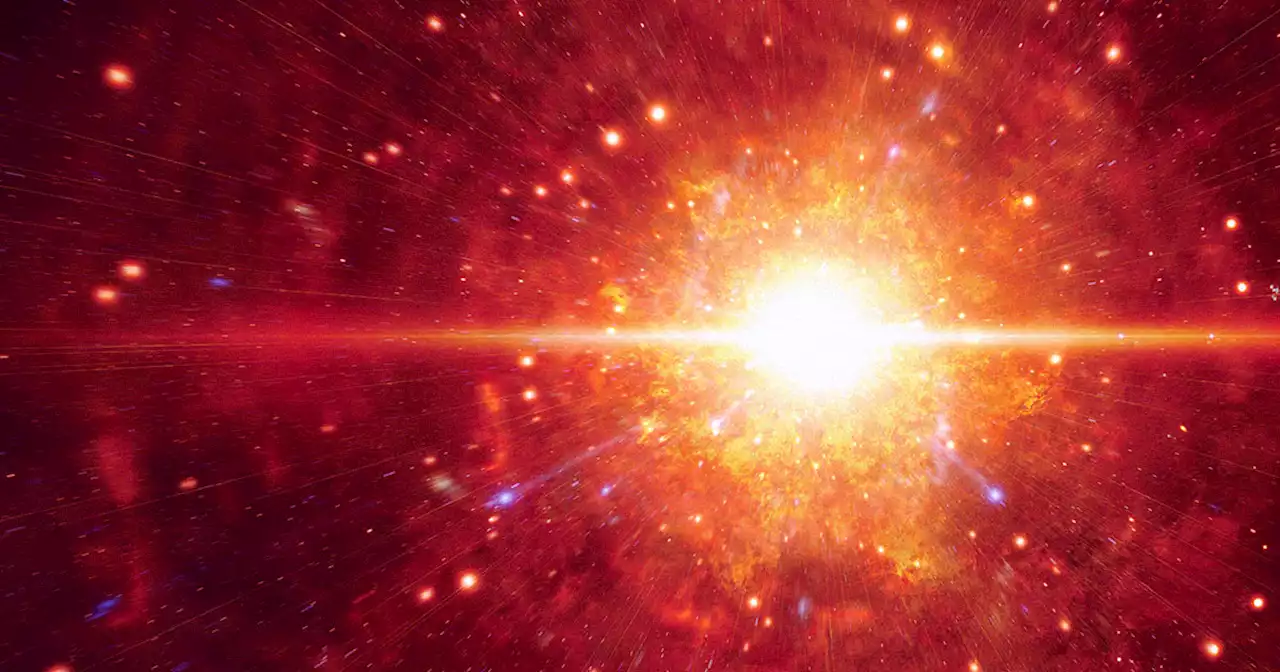Millions of years ago, retroviruses invaded the human genome. Today some of these viral remnants threaten the developing embryo, while others fight to defend it.
The new paper is the result of herculean computational analyses, involving researchers in Germany, Spain, and the United Kingdom, to better understand the role ancient retroviruses play in early embryonic development—how they harm, and how they help. It sprang from work Singh had done as a PhD student at the Max Delbrück Center in Berlin, when he gathered datasets from 11 studies to painstakingly trace individual embryonic stem cells from fertilization to implantation.
But one cluster did not seem marked for any kind of future. Instead, they had the signatures of DNA damage and precursors to apoptosis, a controlled mechanism that the body uses to cull stressed or damaged cells. This damage, Singh suspected, was LINE-1’s calling card. Singh’s team dubbed these damaged cells “REjects,” a nod to their cause of death: RE for “retroelements” like LINE-1, “rejected” from the growing embryo.
The five-day-old embryo is surrounded by an outer layer of cells that will soon become the placenta. LINE-1 is active within these cells too, but unlike REjects, they don’t die. Singh suspects that because the placenta only sticks around for nine months, rather than a whole lifetime, its cells don’t last long enough for DNA damage to matter.
Indonesia Berita Terbaru, Indonesia Berita utama
Similar News:Anda juga dapat membaca berita serupa dengan ini yang kami kumpulkan dari sumber berita lain.
 Haley Odlozil Dies: TikTok Star Who Documented Her Cancer Battle To Millions Was 30Haley Odlozil, who amassed an audience of millions while documenting her fight with Stage IIIC ovarian cancer on TikTok, has died at age 30. Her husband, Taylor, announced her death on Instagram an…
Haley Odlozil Dies: TikTok Star Who Documented Her Cancer Battle To Millions Was 30Haley Odlozil, who amassed an audience of millions while documenting her fight with Stage IIIC ovarian cancer on TikTok, has died at age 30. Her husband, Taylor, announced her death on Instagram an…
Baca lebih lajut »
 We Finally Know Why Ancient Roman Concrete Stood The Test of TimeThe ancient Romans were master builders and engineers, perhaps most famously represented by the still-functional aqueducts.
We Finally Know Why Ancient Roman Concrete Stood The Test of TimeThe ancient Romans were master builders and engineers, perhaps most famously represented by the still-functional aqueducts.
Baca lebih lajut »
 New research reveals the ancient origins of earth's continentsResearch conducted by scientists at Curtin University is unveiling the moment 3.2 billion when Earth's continents began to form.
New research reveals the ancient origins of earth's continentsResearch conducted by scientists at Curtin University is unveiling the moment 3.2 billion when Earth's continents began to form.
Baca lebih lajut »
'Ancient Heat Records Will Be Broken': Southern Europe Braces for Unprecedented Temperatures'If the disasters we're seeing this month aren't enough to shake us out of that torpor, then the chances of our persevering for another hundred and twenty-five thousand years seem remote.'
Baca lebih lajut »
 Swiss Teen Etches Initial into Ancient Colosseum WallA 17-year-old Swiss girl caused quite the stir at the ancient Colosseum in Rome when she was caught etching her initial into the building’s wall.
Swiss Teen Etches Initial into Ancient Colosseum WallA 17-year-old Swiss girl caused quite the stir at the ancient Colosseum in Rome when she was caught etching her initial into the building’s wall.
Baca lebih lajut »
 Astronomers Observe Crazy Time Dilation in the Ancient UniverseBy observing quasars from 12 billion years ago, astronomers have seen the universe flow in slow-mo, thanks to wonky time dilation.
Astronomers Observe Crazy Time Dilation in the Ancient UniverseBy observing quasars from 12 billion years ago, astronomers have seen the universe flow in slow-mo, thanks to wonky time dilation.
Baca lebih lajut »
